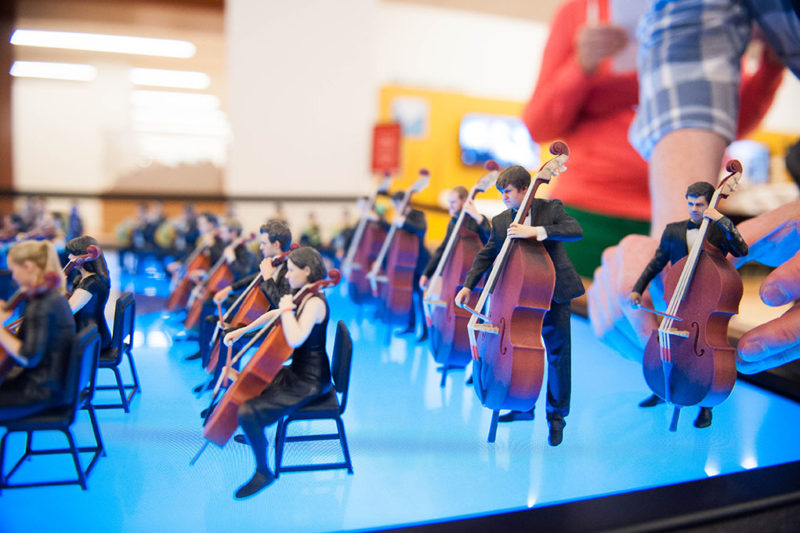Having worked with Joe Horowitz and having read his books I agree in principal with his assessment of the “classical” music industry, its history and present situation. Copland’s quote from 1941 stands as well today as it did 76 years ago. My copy of Joe’s “Classical Music in America” is dog-eared, with quotes from people during the late 19th-century underlined which could have come from my subscribers today. We have indeed created a museum culture out of this art form, one which is perceived as irrelevant for many reasons, an unnecessary result of a focus on the “masterpieces” we all know and love at the expense of the creation of our own voice.
The issue of a cultural shift in America (some would say decline) and the diminishing of the importance of education in music and the arts specifically, in the humanities more generally, is in my mind at least as important a factor. The inundation of our lives with popular culture and multiple distractions, and the lack of distinction of fine art from more popular forms confuses the issue further as people view everything through the same lens. (This is most prominent in American culture; in much of Europe and even Mexico, Central and South America this is not so much the case.) Our industry muddies the waters still more by marketing what we play in the same manner as more popular musical forms. I personally think of this as false advertising; we do not need to apologize for what we play – art and entertainment serve different functions in society. As Joe has often suggested, we need to reframe our institutions as cultural resources; I would say for the understanding of our own society and its place within history.
I have always believed that our art form is living and breathing, and have devoted myself, as well as substantial time and resources of the SDSO, to supporting living American composers. That is not to say that I am a lover of contemporary music, rather that I am a believer. I believe in the power of art to influence, even restore, society and I idealistically hope for a cultural renaissance in which art can serve in this way. (I often say: if you want to be a game-changer you have to stay in the game; you can’t simply sit on the sidelines and complain.) Particularly at this time in our nation (and in the “western” world) the role of the arts is very important, and could/should/would be more relevant than at any period in recent memory.
There is not much music I don’t love, particularly once I’m involved in the making of it, so carrying the banner of new music, helping in whatever way I can to engender our American school of composition (even at this late stage) is no burden. I began at the SDSO with a series based on the Pulitzer Prize, using it as a recognizable imprimatur to validate a new music director’s programming choices; it worked as a way to introduce new music to an audience which had heard very little of it.
David Gier is the music director of the South Dakota Symphony

